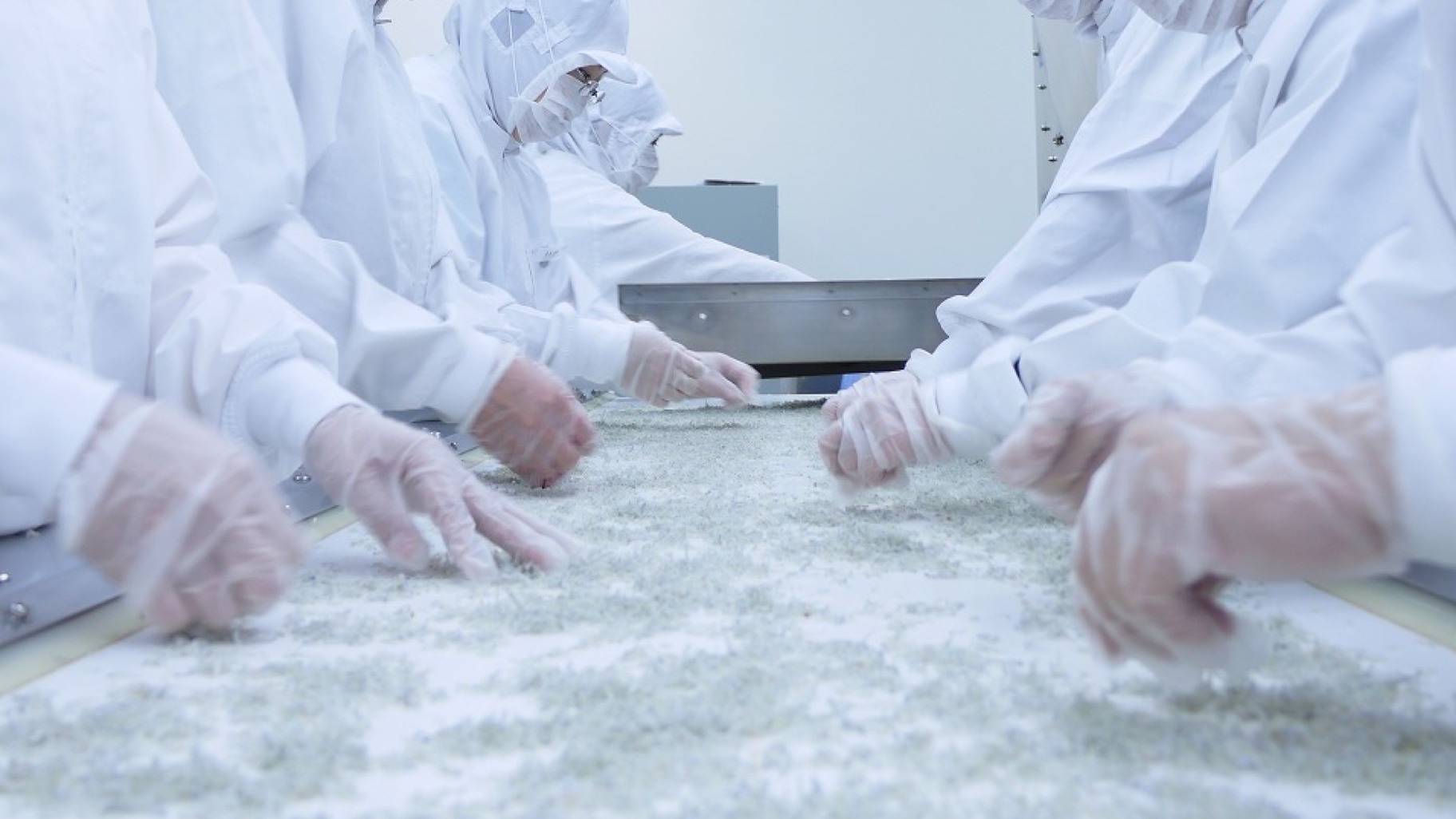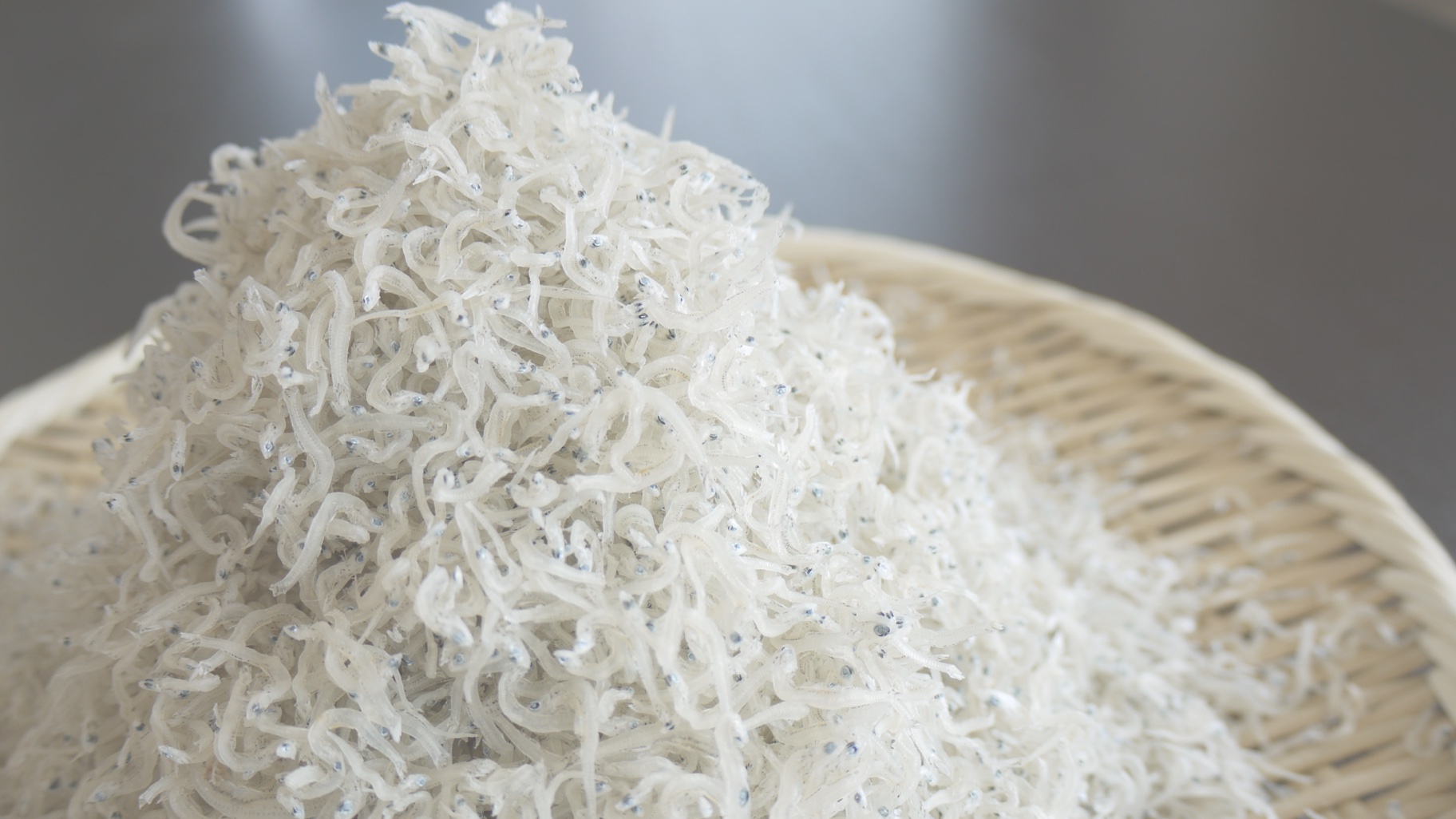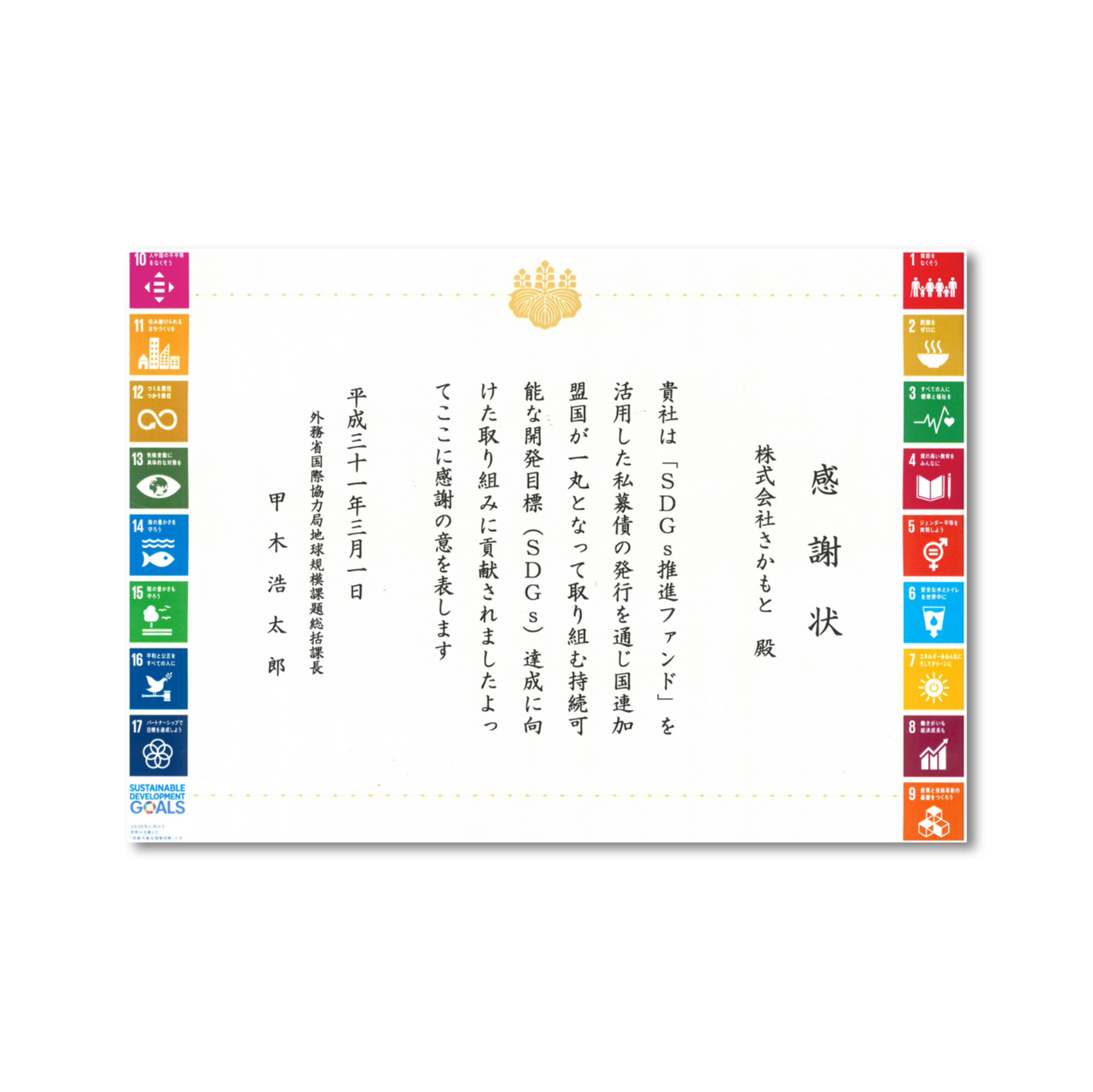
Our Commitment to the SDGs
Sakamoto supports the Sustainable Development Goals (SDGs) established by the United Nations and engages in the following initiatives:
- Contribution to SDG achievement through the issuance of SDG Promotion Private Placement Bonds with Resona Bank
(under the jurisdiction of the Global Issues Cooperation Division, International Cooperation Bureau, Ministry of Foreign Affairs of Japan) - Donation-based support for the United Nations University
(providing scholarships and research funding for graduate students from developing countries) - Financial support for the Inochi Mirai Project / Inochi Student Project, operated by a general incorporated association
- Active engagement in addressing global issues such as marine plastic pollution, food waste reduction and climate change prevention
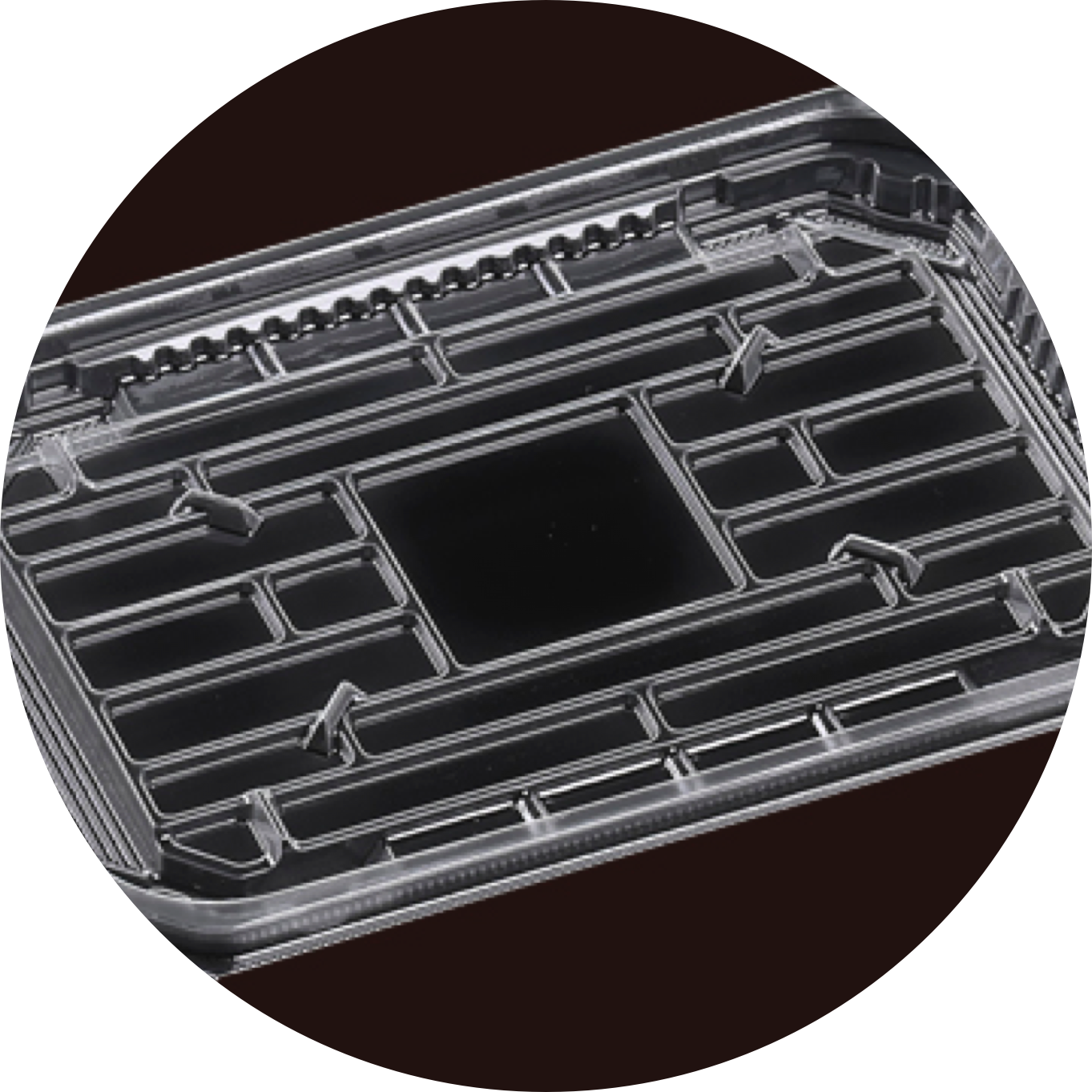
Addressing the Problem of Marine Plastic Waste
Marine plastic pollution has become a global environmental concern. It is estimated that approximately 80% of marine plastic waste originates from land-based sources. At Sakamoto, about 90% of the containers used for our products are made from Eco Trays and Eco-APET, which are recycled materials rather than newly produced plastics. These materials do not contribute to plastic waste but are part of a closed-loop recycling system, allowing them to be reborn through repeated collection and reuse. Both Eco Trays and Eco-APET also contribute to CO₂ emissions reduction during the raw material production phase. By actively adopting such recyclable and sustainable materials, we are committed to reducing our environmental impact and supporting a circular economy.
※ Eco Trays:
Eco-friendly containers made by recycling PSP (polystyrene) food trays. Used trays are collected, returned to raw material form, and remade into new products.(FP Corporation (FPCO))
※ Eco-APET:
Eco-friendly transparent containers made by recycling PET trays and bottles into new raw materials and forming new products.(FP Corporation (FPCO))
Closed-Loop Recycling Flow
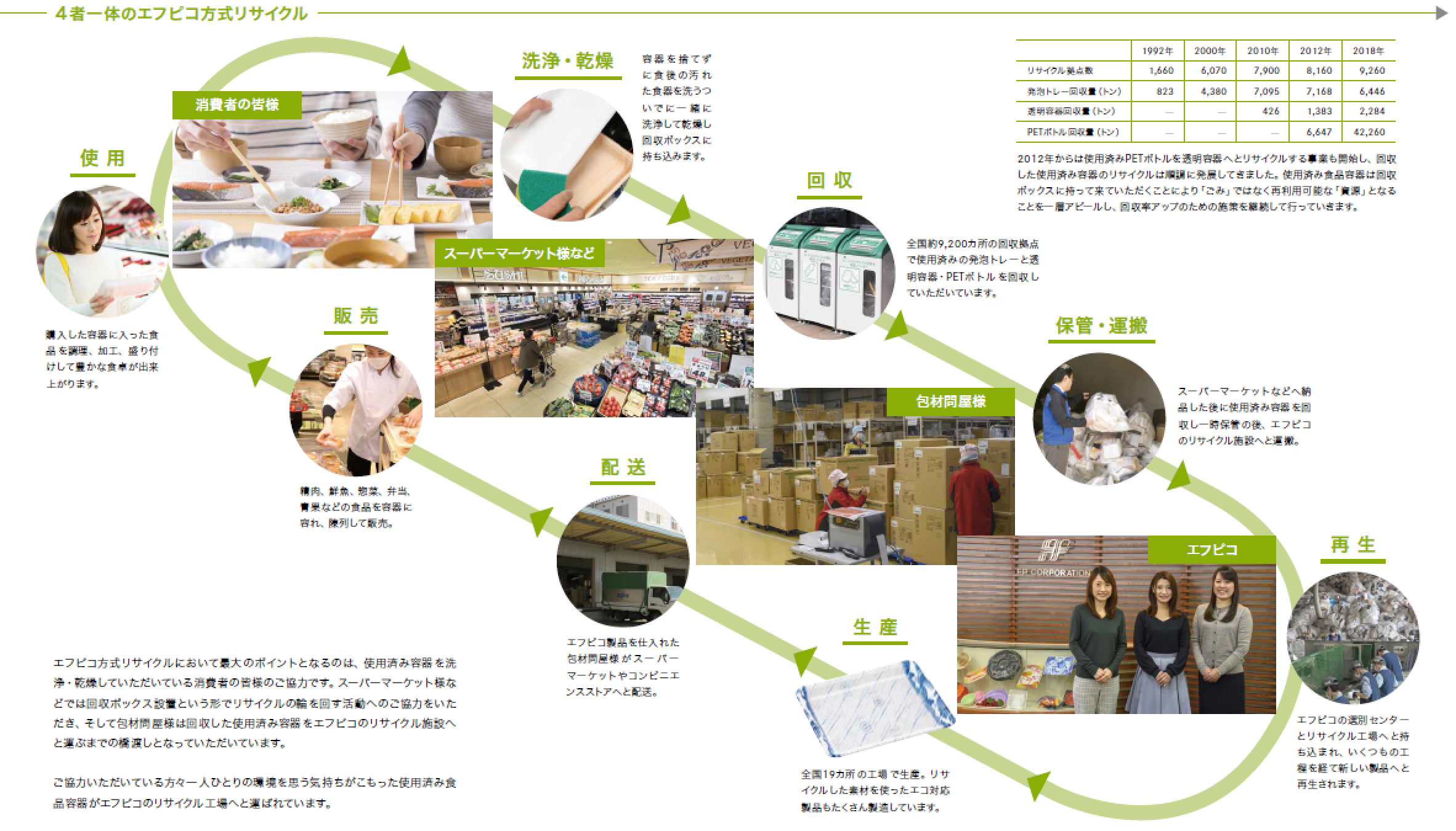
▲ Source: Quoted from FPCO Report 2019
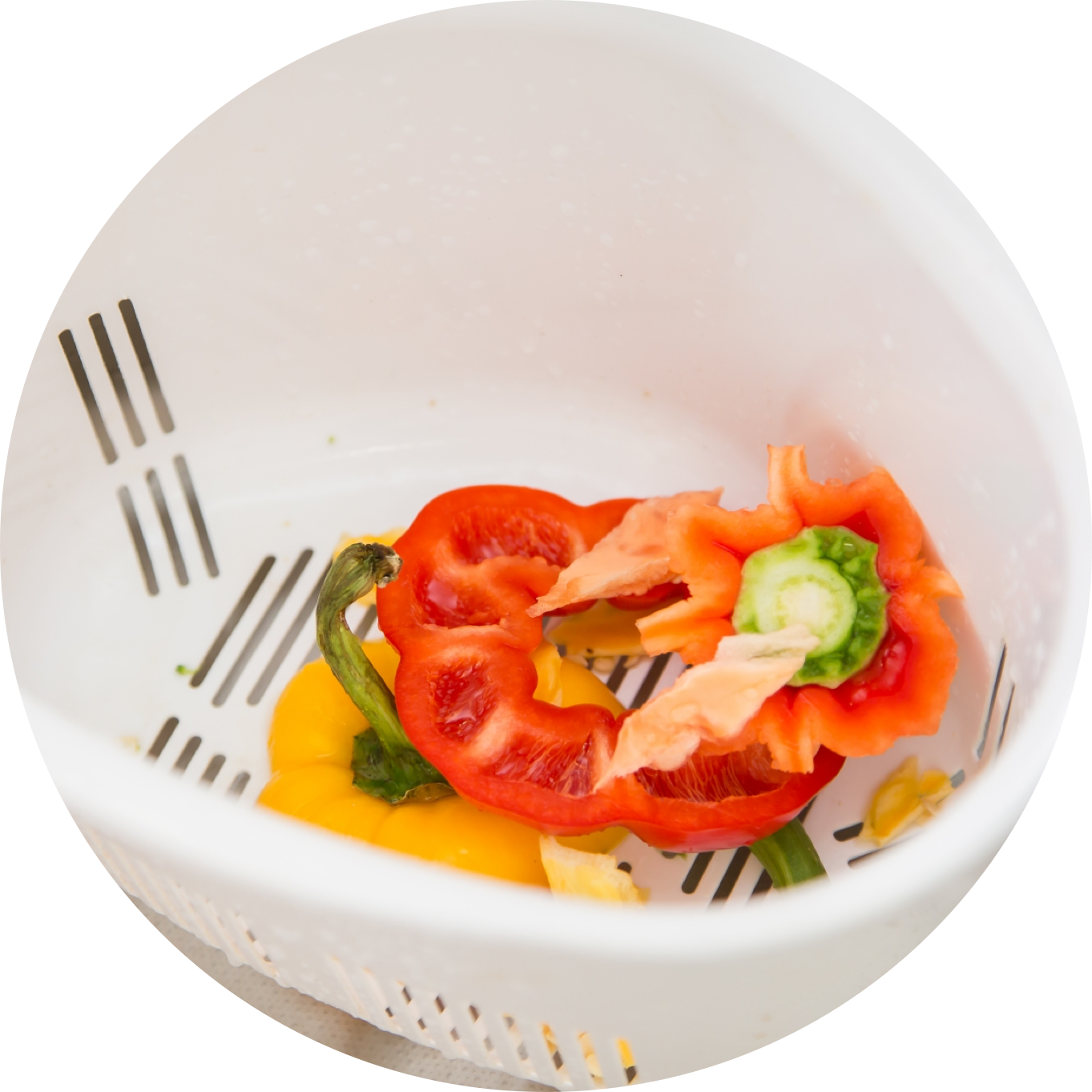
Our Efforts to Reduce Food Waste
In recent years, excessive food disposal has become a growing global issue. At Sakamoto, we are addressing this problem by adopting long-life packaging technologies using specialized equipment. This extends the shelf life of our products and helps reduce food waste at the retail level.

Our Efforts to Combat Global Warming
Reducing CO₂ emissions is one of the key indicators in the fight against global warming. At Sakamoto, we actively use eco-friendly containers such as Eco Trays and Eco-APET, which helped us achieve a reduction of approximately 60 tons of CO₂ emissions over the course of one year (from January to December 2020). This reduction is equivalent to the environmental benefit of planting approximately 2,230 mature trees.

Supporting Healthy Living Through Quality Food
At Sakamoto, we place the highest priority on food safety — the most essential element of “good food.” Through initiatives such as obtaining FSSC 22000 certification, we are committed to delivering products that customers can enjoy with peace of mind.
We take great pride in contributing to healthier dietary habits by offering safe and delicious food. This mission is a shared source of motivation and fulfillment for every member of the Sakamoto team.

Creating a Comfortable and Inclusive Workplace for All
At Sakamoto, we strive to create a work environment where every individual can feel secure and supported, no matter their stage of life.
We offer flexible working arrangements such as parental leave, reduced working hours, and adjustments to night shifts to accommodate employees’ diverse needs.
As part of these ongoing efforts, we have been certified as a Health & Productivity Management Organization. In addition, we are actively working to build a welcoming environment not only for Japanese staff but also for employees from diverse backgrounds, including Vietnam.
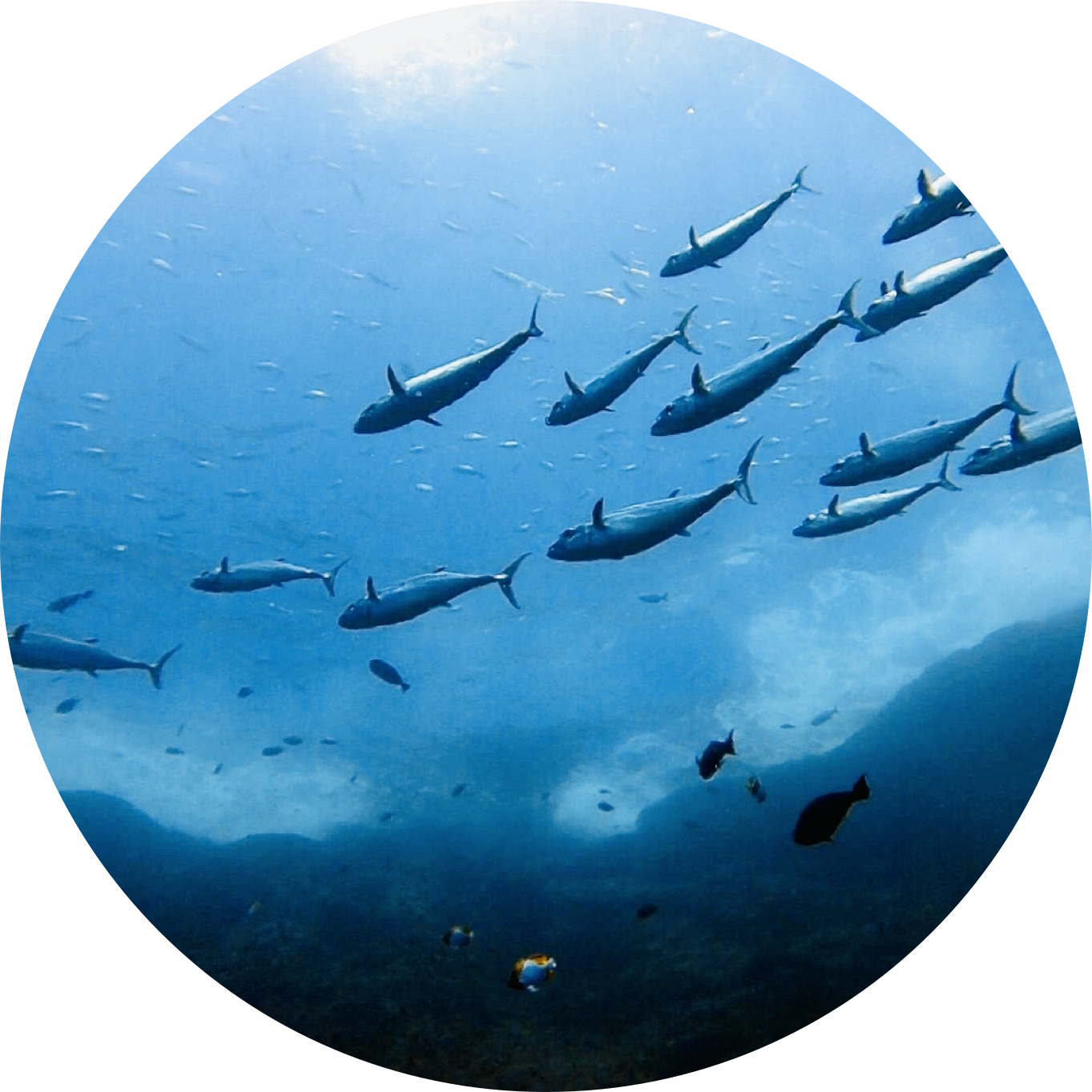
Protecting Precious Marine Resources
At Sakamoto, we are committed to protecting marine resources through responsible sourcing and production. For chirimen and shirasu from Awaji Island, we collaborate with local producers to actively utilize underused raw materials that are typically discarded. This initiative is officially recognized as part of a project promoted by Japan’s Fisheries Agency.
In addition, in 2022, we obtained MelCoC certification — an internationally recognized eco-label awarded only to producers who actively and effectively contribute to the conservation of marine resources, ecosystems, and the environment.
To remain a trusted choice for the next 100 years, Sakamoto continues to expand partnerships with producers who promote sustainable fishing ports and eco-conscious processing practices.
MEL (Marine Eco-Label) is a Japan-based, internationally recognized eco-label for sustainable seafood, developed in compliance with global standards.
By displaying the MEL logo on certified seafood products, consumers can make informed and confident choices to support sustainable fisheries.
![]()

